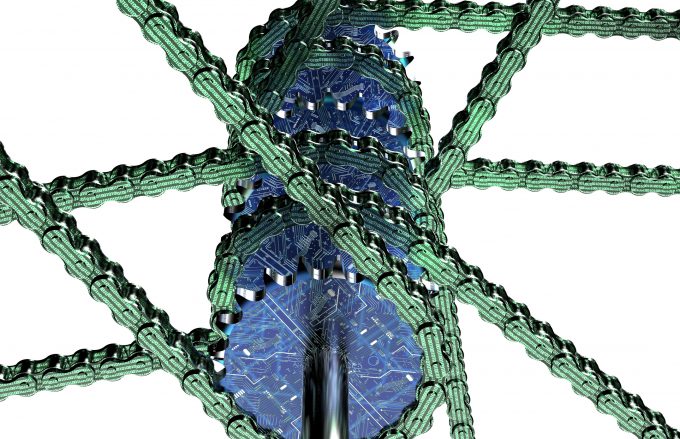India-Pakistan 'tit-for-tat' cargo ban sparks sudden supply chain shocks
India and Pakistan have banned each other’s cargo from transiting their ocean gateways, following the ...

Maersk and IBM have come together to develop a blockchain solution for the shipping industry as the world’s largest box line embarks on its digitisation drive.
The blockchain solution is based on the Hyperledger Fabric and “will help manage the paper trail of tens of millions ...
CMA CGM South Korean staff strike over bonuses after bumper 2024 profit
MSC switches two more Asia-Europe port calls from congested Antwerp
CMA airline returns two freighters, while ANA takeover of NCA looms
Nightmare for Bangladeshi exporters as congestion and tariffs bite
Tradelanes: Export boom in Indian sub-continent triggers rise in airfreight rates
Carriers introduce surcharges as congestion builds at African ports
Ports and supply chain operators weigh in on funding for CPB
Box ship overcapacity threat from carrier appetite for new tonnage

Comment on this article